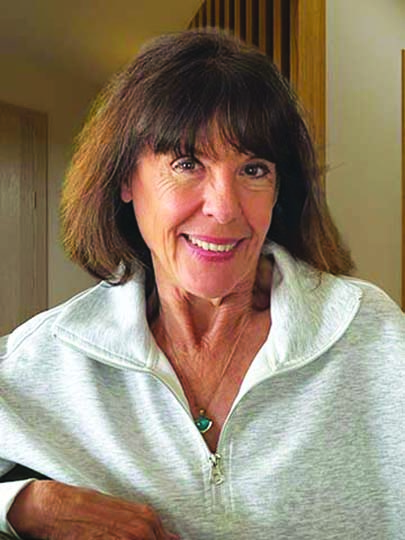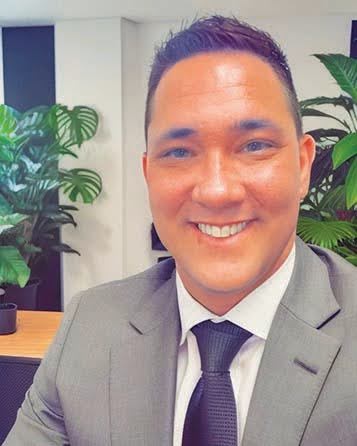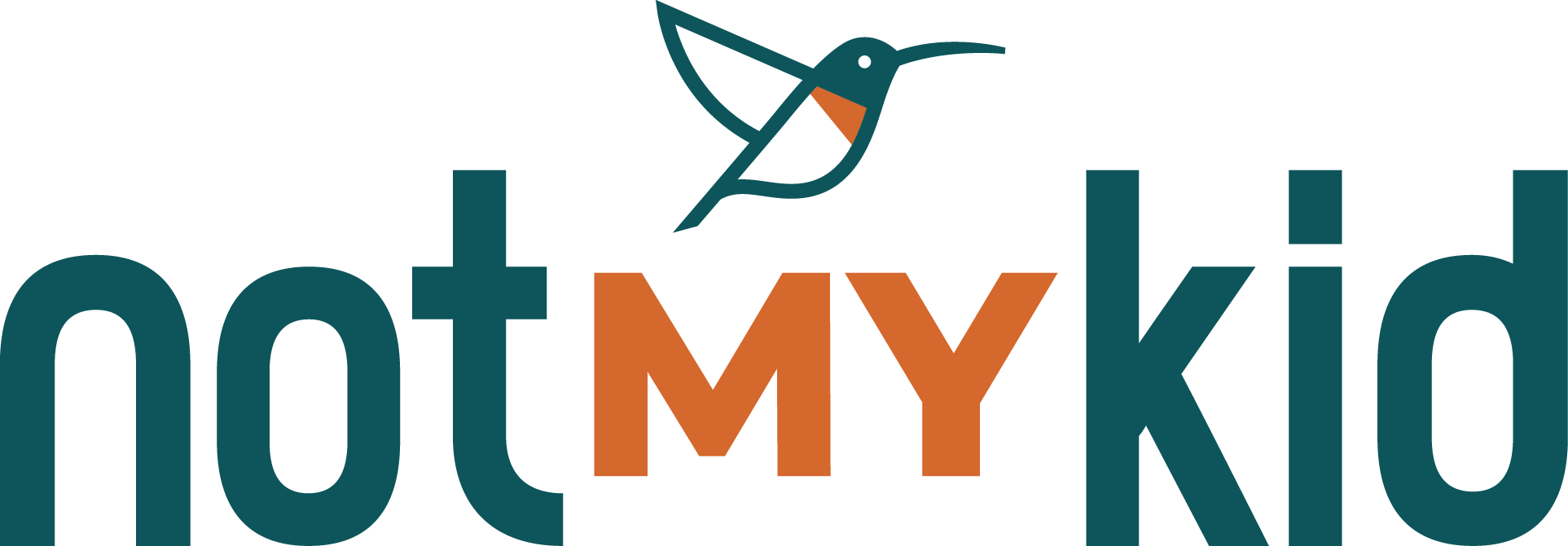He says, “That is a pretty dress on her.” She hears, “ He’s attracted to that woman and losing interest in me”. She says, “I am spending the evening with Diane on Friday.” Her friend hears, “ I’m being replaced as her best friend.” She says, “I am not quite ready to be married,” and he hears, “We are never going to get there; she’s interested in someone else.”
We don’t know how to listen anymore because we filter what others say through our own fears and past betrayals. The problem, of course, is that we instantly future-scape right into crisis mode. Our ears slam shut, we respond in inappropriate ways, and we are very often wrong in our assumptions.
Mark Goulston in his book, Just Listen, says we go through five different stages in our listening process.
The first is the Oh F#@$*&^! Reaction. This is a disaster, I’m screwed and it’s over.
The second response is Oh God, This Sg#%-stuff always happens to me and I am going to be stuck with this mess.
Oh Jeez I can fix this but it’s not going to be fun.
Oh Well, I am not going to let this ruin my life, I need to decide what will make it better, and finally,
OK, I am ready to fix or deal with this.
The problem is that in the first three OH’s our experience of every fear and betrayal comes up like a tsunami and out of our mouth rolls every inappropriate response that we then also have to clean up.
We fill up that red wagon of past pain and haul it right into the middle of our current situation even though not a single bit of it has to do with what is currently going on. That, my friends, is both a curse and a blessing. The curse part is that we stop listening. Here’s the blessing part…
If we can calm the storm inside and stay present with a boundary that allows the other to have his or her feelings without making it about us, we will discover that 99.9% of the time it actually isn’t about us at all. Why because every response we have is from our past. That’s all we have and all we know. The future isn’t here yet.
Here’s an Example:
Sally is in the living room curled up in the corner of the couch crying. Phil comes in, sees her and asks, ”What is wrong with you?” Sally responds, “ I am so lonely I could die.” Phil immediately takes this personally, sees it as a failure on his part and responds, “Jeez, I have spent every night for the last two weeks with you at home and we spent two weekends this month with friends. When is enough, enough?” He stomps out and Sally’s feelings are right where they were — unresolved and painful.
Let’s try it again
Sally is in the living room curled up in the corner of the couch crying. Phil comes in, sees her and asks, ”What is wrong with you?” Sally responds, “ I am so lonely I could die.” Phil responds with, “That sounds awful, honey, what’s making you feel that way?” Sally tells him her best friend Lydia has just told her she is moving to Dallas. “As a kid,” she tells Phil, “ I was an Army brat and we moved every six months. I never had any friends much less a best friend. This just makes me so sad and brings all of that back.” Phil lovingly comforts her and they create a loving connection that is healing. Big difference… and all he did was listen.
Sometimes we choose not to listen because we fear being made responsible, being made wrong or being unable to fix the situation. Actually, none of those things are our job. As loving partners, family members and friends, our only job is to listen and try to understand how the other person’s truth is true for him or her. You don’t even have to agree or share the same reality. When we are authentically heard, we can fix the problems ourselves. In fact, normally the problem is resolved just by talking through the issue or pain.
Listening is a great gift you can give to those you love. Imagine how the world might change if we just slowed down enough to share our feelings and truly be heard without judgment or expectation that anyone should fix it for us. Let’s start now.
Dr. Evan is a life/soul coach in Arizona working with individuals, couples and corporations. She specializes in relationships, personal and professional empowerment, compassion and consciousness. For more information 602-997-1200, email [email protected] or visit www.DrDinaEvan.com.

































